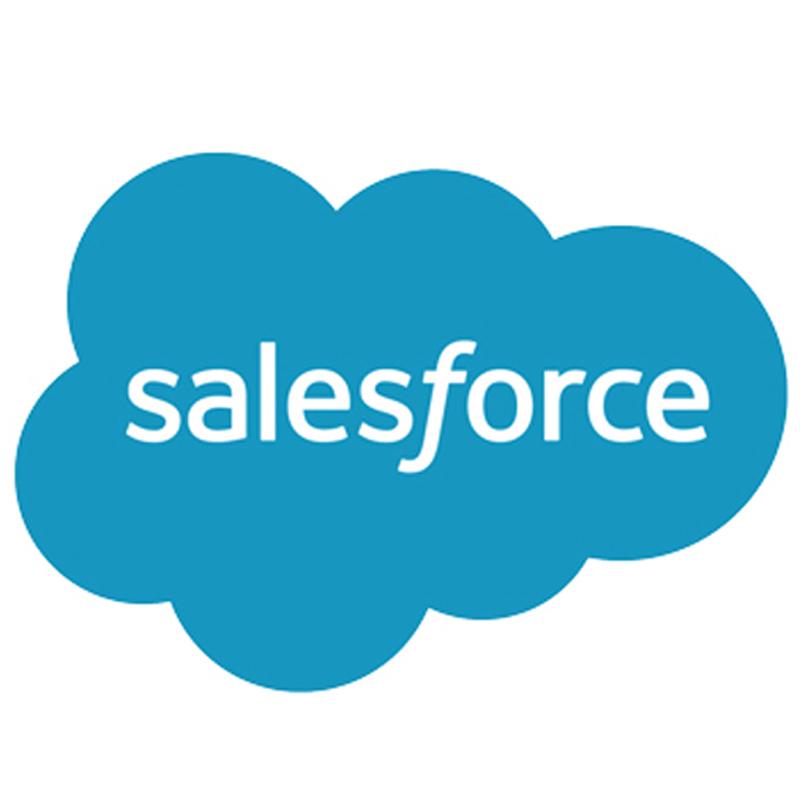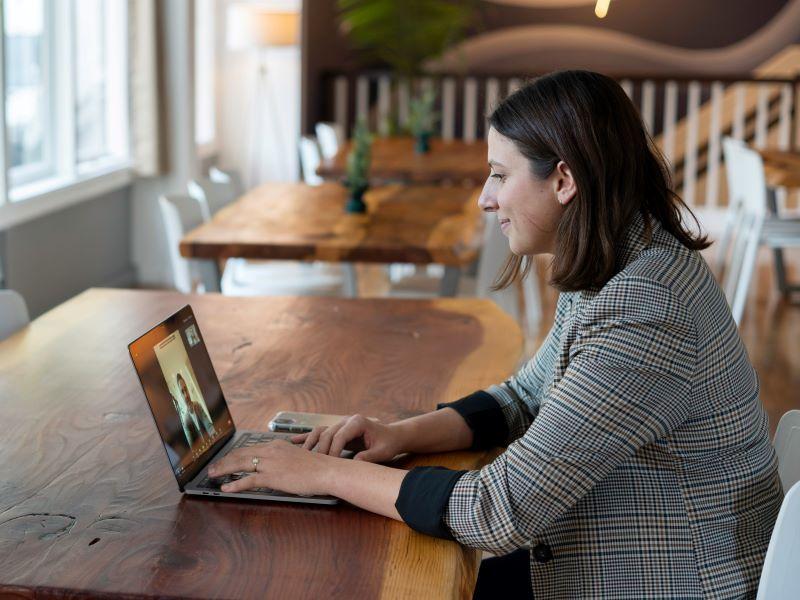
Focus on well-being as ANZ adjusts to hybrid learning
A webinar about student well-being in Australia and Aotearoa New Zealand, held by Salesforce and Times Higher Education, started on a personal and sombre note. Shanaka Jayakody, the lead for character and culture at schools for ShareTree, a registered charity, spoke about a loss in his family.
“Five years ago, tragically, I lost my younger brother to suicide when he was just 20 years old. He was in university himself. What took me a long time to come to terms with was that we genuinely did not know about the struggles he was going through,” Jayakody said.
Since then, he has been driven by a “deep passion in understanding the end result of well-being and mental health being ignored”. He says that mental health has grown even more important now that students are facing a post-Covid world.
Research by Salesforce.org, Salesforce’s social impact centre, shows that 34 per cent of students say they need more help managing their course load, while 40 per cent feel their institution could best support well-being by offering more flexible learning options. In terms of staff, 76 per cent cite maintaining a work-life balance as the top challenge.
During the webinar, ANZ university leaders spoke about the tools they were using to address well-being, including orientation events, peer support, mentorship and apps. All cited Australia’s two years of Covid restrictions as a major challenge when supporting the mental health of staff and students.
Julia Coyle, pro vice-chancellor (students) at the University of Wollongong, said that her institution was taking a “university-wide, systemic approach” to mental health. She added that there was “real complexity” in how to face well-being challenges post-Covid.
Wollongong is incorporating well-being into its curriculum and daily teaching. Coyle was frank about the fact that some students had difficulty adjusting to campus life outside the classroom. “They have very little bandwidth to do anything on the side [of learning]. We’re trying to work within the curriculum to help those students,” she said. “We’re having to reintroduce them to the skills of social connectivity. They’ve lost a little bit of ground in how to get along, how to debate.”
Dene Cicci, executive director of students at RMIT, said “it’s important that we create a psychologically safe workplace and learning environment.” He stressed “the power of the peer” and the fact that interventions did not always have to be serious. “We love orientation – the food trucks, all the noises and all the fun.”
At the same time, RMIT had to look out for students who were neurodivergent, shy or struggling to enjoy such events. “For students lacking in social fitness, because they’ve spent two years in isolation, we needed to create environments within that ‘fun’,” Cicci said.
Kerry Valentine, director of student success and well-being at Bond University, said her institution encouraged mentorship and “buddying up” even before students physically set foot on campus.
“Once we began the return to campus, we did target those from heavily locked-down states,” Valentine said. “They had essentially missed out on the year 12 experience and it’s almost as if they were frozen in time.”
Benjamin Wilkes, head of student well-being at the University of Sydney, said that administrators had to move from an “us to them” mentality in addressing well-being. Instead, they should welcome feedback from staff and students on tools – whether it’s a new app or just a scheduling change.
“Sometimes we get some surprising, delightful solutions,” Wilkes said.
The panel:
- Dene Cicci, executive director of students, RMIT
- Julia Coyle, pro vice-chancellor (students), University of Wollongong
- Shanaka Jayakody, character and culture at schools lead, ShareTree
- Navneet Johal, director of education GTM, Salesforce.org
- Joyce Lau, journalist, Times Higher Education (chair)
- Kerry Valentine, director of student success and well-being, Bond University
- Benjamin Wilkes, head of student well-being, the University of Sydney
Find out more about Salesforce.org

